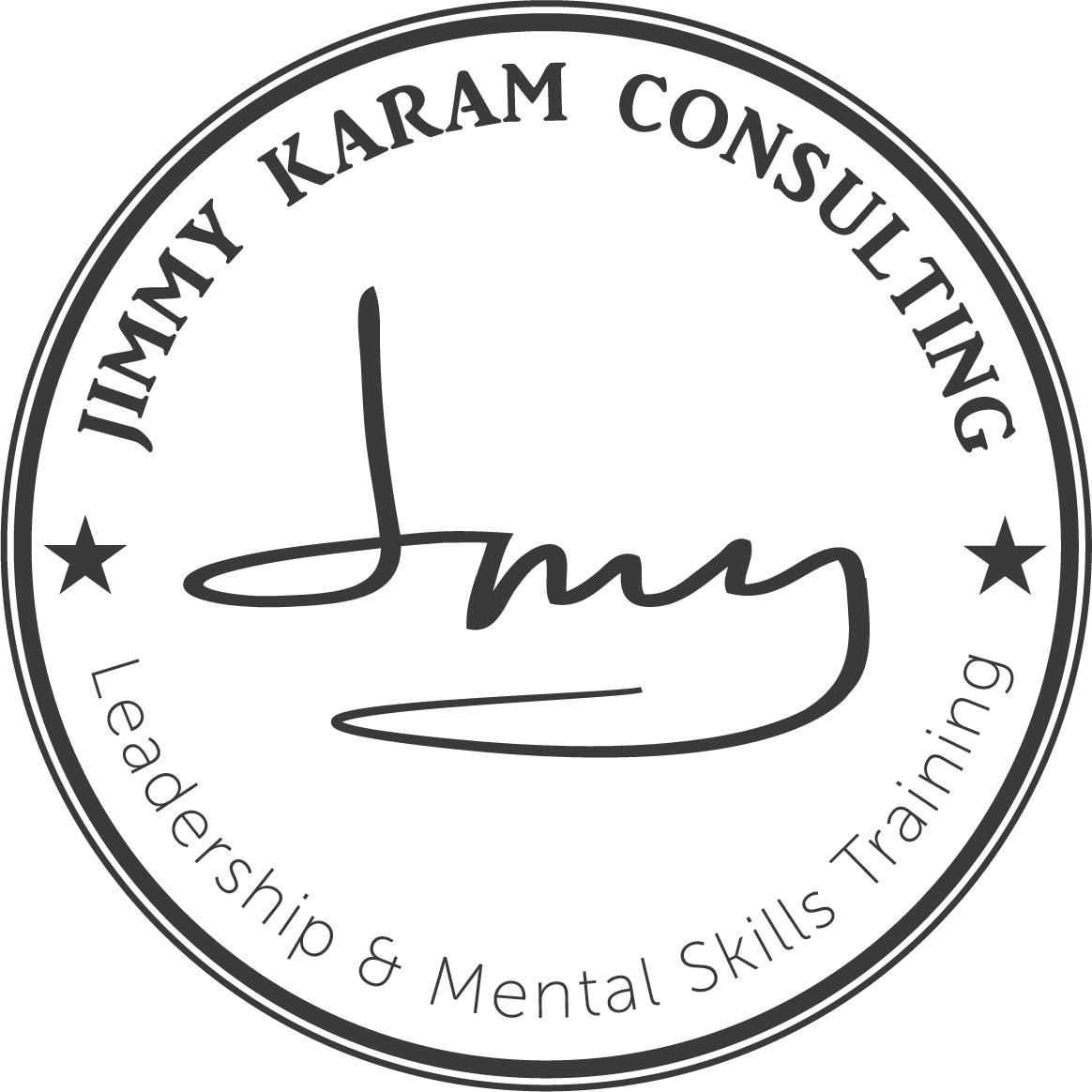I coached a tackle football team of 7 to 10-year-old players this past season (2021). In one of my first emails to the parents, I shared my coaching philosophy statement with them:
“To create an environment where players enjoy learning about themselves, their teammates, and the game of football. My goal is to provide every player the opportunity to develop skills that embody self-awareness and self-reliance.”
If you read my previous post, you already know how I derived my coaching philosophy. I started by answering the following three questions:
1) What are your best characteristics and skills?
I’m good at creating a supportive environment that allows people to succeed. I’m a big believer in servant leadership. It doesn’t matter if I’m leading a team of PhD Economists, Engineers, or eight-year-old athletes, my job as a leader is to provide my team with all the resources necessary to help them succeed. Give them every opportunity to excel, hence
“To create an environment… to provide every player the opportunity to… “
2) What do you want your players to do over the course of the season?
Since I’m coaching 7 to 10-year-old athletes, I understand their main objective is to socialize and have fun, hence I don’t care what their parents say or think in the matter, children’s first priority is to play and have fun. In doing so, I want them to
“enjoy learning about themselves, their teammates, and the game of football.”
3) What skills do you want your players to take away from the season?
Considering the age group, I want them to learn about and practice self-awareness and self-reliance:
You can never be too young to begin learning about your thoughts and feelings and how they may influence your behavior.
For this age group, socialization and competence begin to emerge within their mind. They begin to learn about social relationships outside of their home. They begin to compare their abilities with others around them. As a result, a degree of self-confidence begins to emerge from their respective social interactions.
Understanding this stage of child development, I believe teaching them the importance of self-reliance is crucial for their mindset. Teaching them to rely on their own decisions and not those of others. Teaching them that they are in control of the events that occur to them, based on their own decisions, not their parent’s, not their coach’s, but their own decision. Teaching a child they have agency, in a supportive environment, is a powerful lesson.
Jimmy Karam, CMPC
@recreationalcoaching
